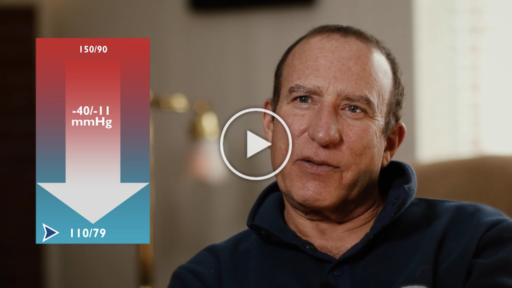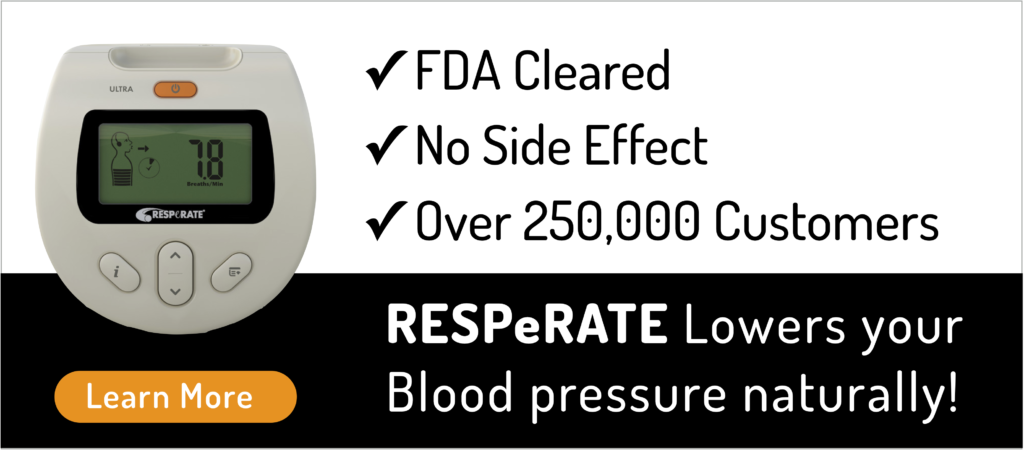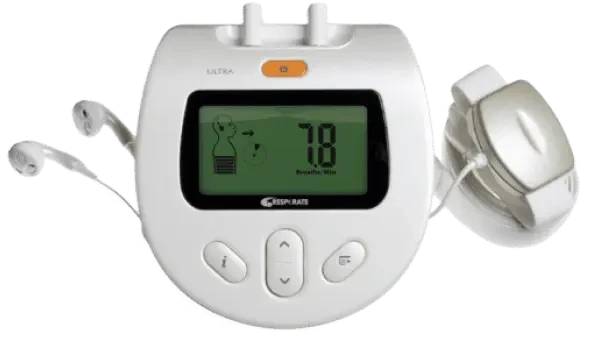TIf you suffer from high blood pressure, more than likely your healthcare provider will probably tell you that you have to increase your physical activity in order to lower your blood pressure.
Sometimes, if your blood pressure is not overly high, increasing the amount you exercise can even help keep it under control without medication.
Physical activity actually increases your blood pressure, but only for the short term. Once you’ve stopped exercising, your blood pressure should return to normal quite quickly. The fitter you become the quicker your levels will drop back down to normal.
The American Heart Association recommends that you get at least 150 minutes of moderate exercise weekly, or 75 minutes of vigorous exercise weekly, or a combination of both each week.
In any event aim for at least 30 minutes of aerobic activity most days of the week. And if it’s convenient, the gym can be a great place to make sure this happens.
High Blood Pressure and Exercise Precautions
Aerobic exercise is an excellent form of activity for increasing fitness and lowering blood pressure. So using a treadmill or elliptical trainer is a good option in the gym.
Many gyms have aerobic classes. Start by joining a beginner’s level class and build up to the advanced classes when you’ve raised your fitness levels.
Yoga and Pilates are two activities that you can safely enjoy at the gym too, since they not only boost general fitness but reduce stress.
Whatever activity you opt for at the gym start slowly. Always remember to warm up before you exercise to prevent injury and cool down afterwards. Build up the intensity of your workouts little by little.
Stop exercising if you begin to feel dizzy, out of breath, have pains in your arm or jaw, an irregular heartbeat or excessive fatigue.
Monitor your progress and take regular blood pressure readings using a home BP monitor. This can quickly alert you as to whether your fitness regime is helping to reduce your hypertension. Check blood pressure before exercising and at least one hour afterwards.
Weight Training In The Gym.
It may seem counter-intuitive that lifting weights could improve blood pressure, because blood pressure goes up during the actual weight lifting. This week’s review examines whether a weight training exercise plan can in fact help you.
Resistance training at the gym may not be ideal since it can cause blood pressure to rise sharply, however if you use lower weights of 10 lbs or less weight training can be incorporated. Remember however to:
- Learn the correct techniques for lifting to reduce risk of injury.
- Don’t hold your breath. Holding your breath while you’re exerting yourself can cause BP to spike.
- Learn to breathe easily and continuously throughout the training.
- Lift lighter weights more frequently. Heavier weights put more strain on the body causing a greater rise in BP. Challenge yourself instead by lifting lighter weights and increasing the repetitions.
- Listen to your body. Stop all activity if you start to feel dizzy or out of breath, or if you experience any chest pain or pressure.
Research Review
In one study 15 men above the age of 46 +8 with high blood pressure participated in a weight training program 3 times a week M-W-F with 1 day of rest in between for 12 weeks.
The study was based on 1 Repetition Maximum (1RM) from earlier testing and the volunteers did 3 sets of 12 reps at 60% of their 1 RM of the following exercises:
- leg curl
- chest press
- lat pulldown
- shoulder press
- biceps curl
- triceps extension
Rest between sets was 1 minute and the exercises were not done in a circuit. All three sets were completed for one exercise before moving on.
The Results.
Does weight training improve blood pressure in middle aged men with high blood pressure?
The answer to that is yes, weight training improves blood pressure. Both systolic and diastolic went down after 12 weeks on the program, 16 and 12 mm Hg, respectively (Figure 2). The decrease was enough to shift the group average from being stage 1 hypertension (150/93) to pre-hypertension (134/81).
Conclusion
If your blood pressure is very high your doctor may want to lower it with medicines to start with before commencing you on an exercise program. In any event seek medical advice before embarking on any gym fitness routine.
In a meta-analysis from 2016 on Acute Effects of Exercise on Blood Pressure, the researchers concluded that “Although initially we intended to find the intensity, duration, and type of exercise that best reduced BP, we found that regardless of the participant, measurement features, and exercise characteristics, there was a reduction in BP in the hours that followed an exercise session.”
If you take regular medication ask whether exercising will make it work differently or change the side-effects.
If you take beta blockers to control your high blood pressure they can make it difficult for you to reach your target heart rate (since their job is to slow it down). Even if you don’t reach your target, you will still be getting important cardiovascular benefits.

 Eli Ben-Yehuda
Eli Ben-Yehuda 












 Download Brochure
Download Brochure
Comments